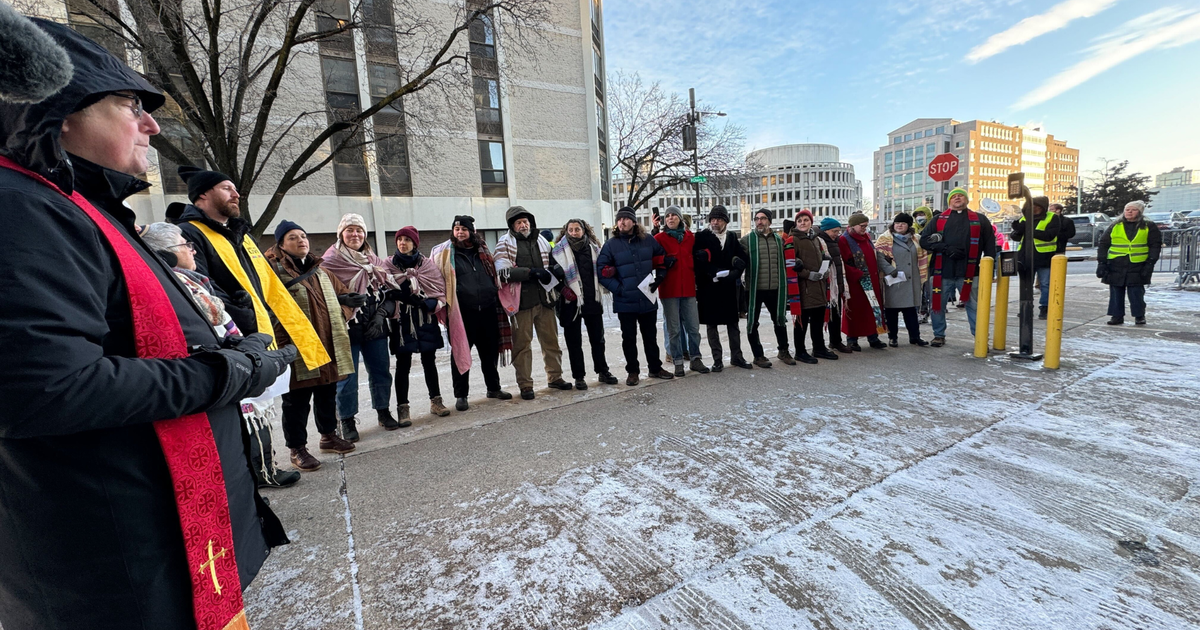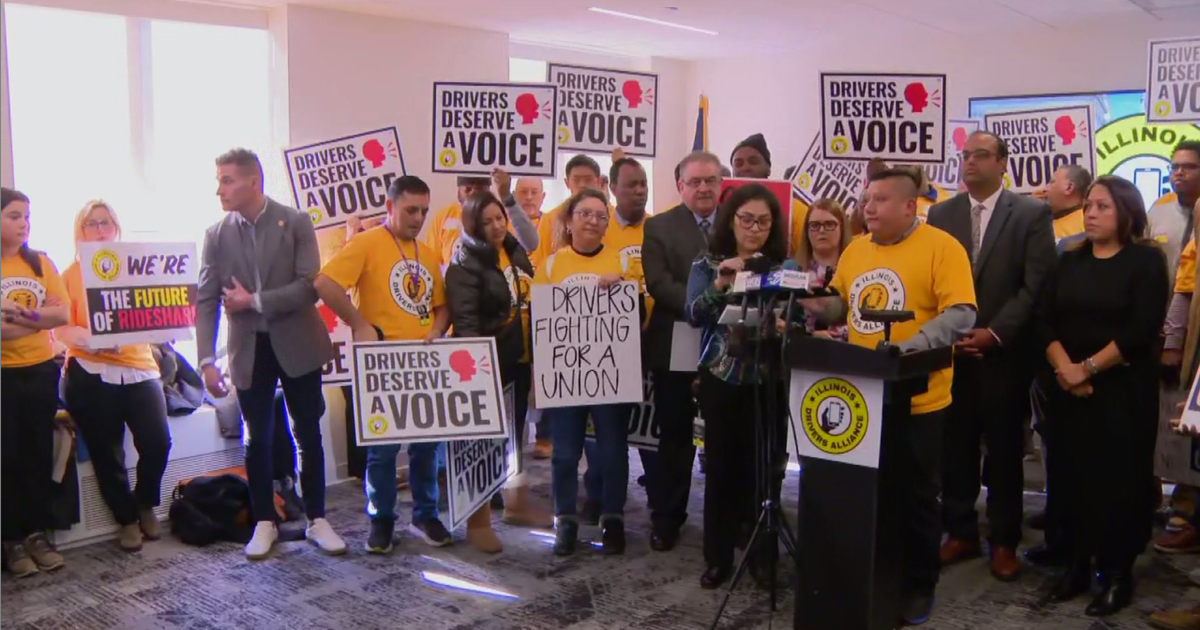San Jose Rep. Lofgren proposes new path to legal residency for 8M immigrants
SAN JOSE – Immigration advocacy groups in the Bay Area are calling on Congress to pass a new bill that would give nearly 8 million immigrants a pathway to legal residency.
The bill, "Renewing Immigration Provisions of the Immigration Act of 1929," was co-authored by Rep. Zoe Lofgren, D-San Jose, who held a news conference Wednesday morning in Washington, D.C., to announce the bill's introduction in the House of Representatives.
The bill would update the Immigration and Nationality Act of 1929 to allow anyone who has lived in the United States for seven or more years to be registered for legal, permanent residency, as long as they meet other criteria, according to a statement from Lofgren.
"For decades, immigrants who contribute significantly to our communities and our economy, have been relegated to a legal limbo," said Lofgren. "I'm proud to join my colleagues in introducing this legislation to provide these immigrants with the stability and certainty they and their families deserve."
The bill is being supported by 66 Bay Area advocacy groups that make up the Bay Area Coalition for Citizenship and Economic Rights.
Esmeralda Virelas, a community organizer with People Acting in Community Together, known as PACT, said that it is time to give relief to people who have been here for many years.
"This bill will do that for nearly 8 million people through a law that already exists," Virelas said.
The Immigration and Nationality Act has been updated four times since its inception, according to Richard Hobbs, an immigration attorney and executive director of Human Agenda, an immigrant advocacy group. The most recent change was in 1986, which moved the date of eligibility to 1972.
Unlike past updates, the bill introduced Wednesday would not peg the entry date to a specific year but would establish seven years of continuous residency in the U.S. as the new eligibility cutoff.
Hobbs said the bill would do three things: improve the economy by addressing a shortage of workers in several sectors, create systematic immigration reform that won't require future amnesty efforts, and "allow dignity for 8 million people that can't live with a spouse, can't live with a parent, receive financial aid, vote, and so many other things."
Both Hobbs and Virelas said they were optimistic the bill would pass the House but were less hopeful about its prospects in the Senate.
Lofgren said that moving the date for legal residency is nothing new and urged her colleagues to support the bill.
"What's new is the Congress' failure to regularly renew the date as has happened so many times historically," Lofgren said.
She said if the bill cannot pass the Senate, she hopes the makeup of the Senate would change in the coming November election.







